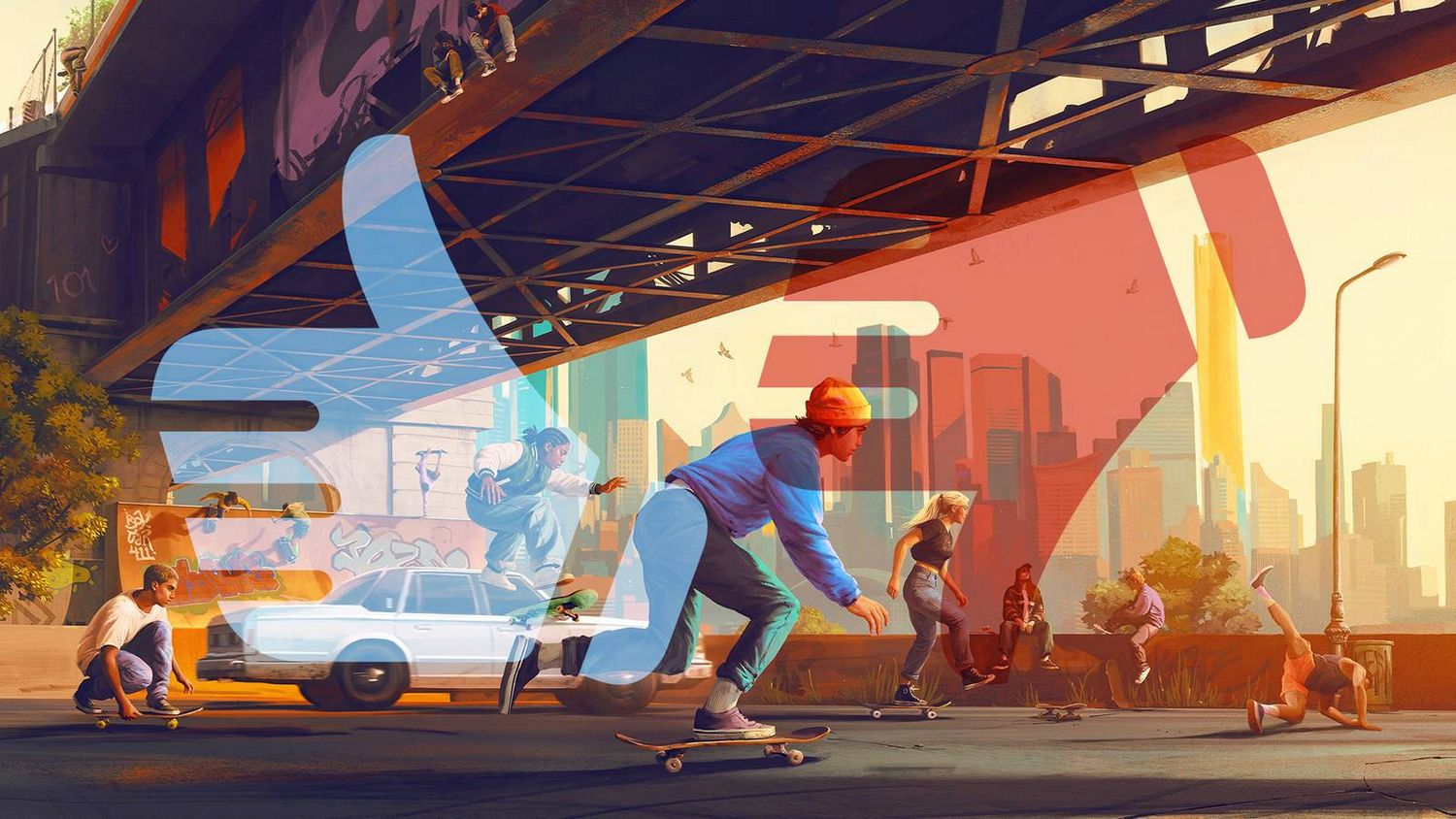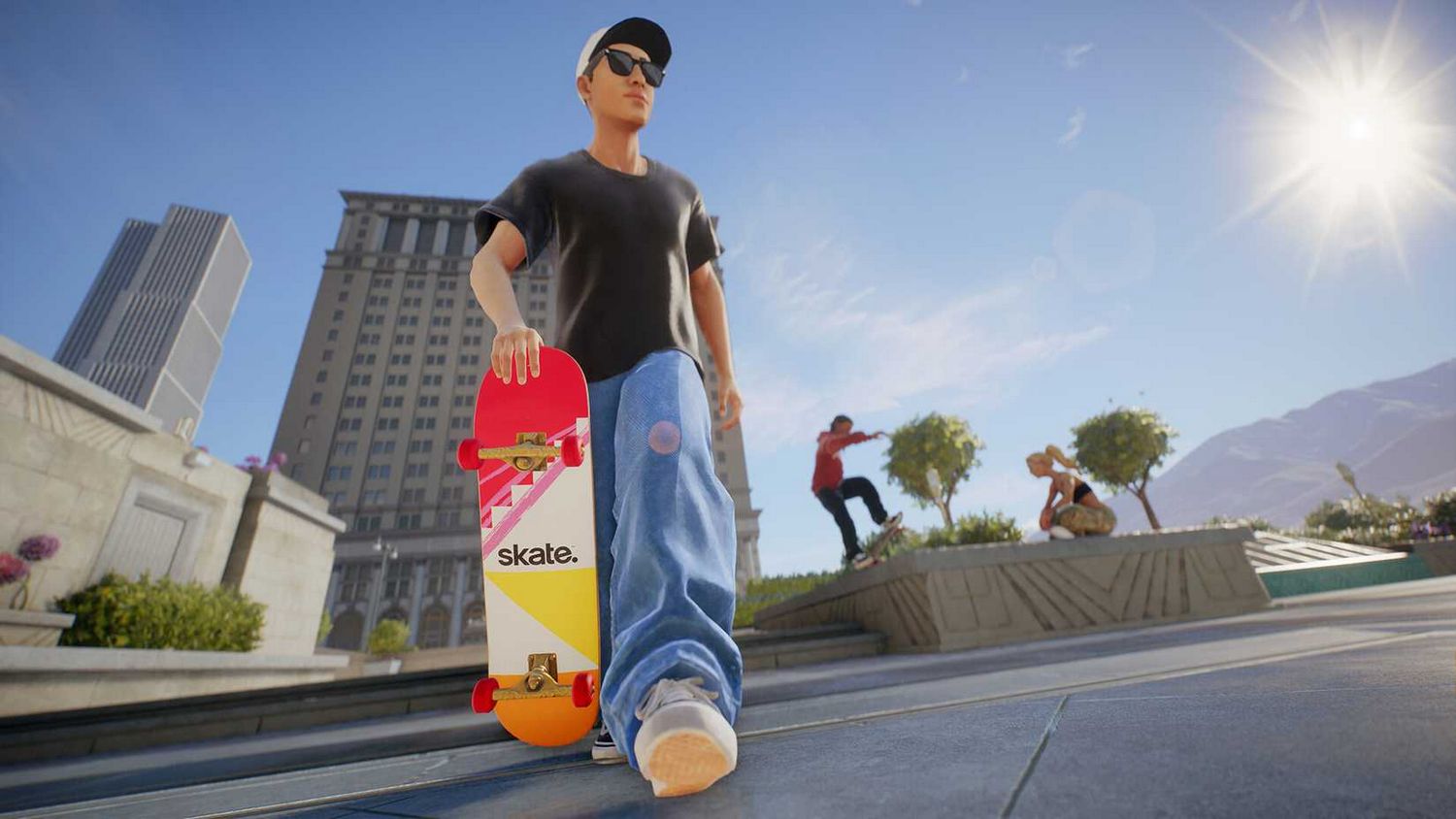New Skate Game Receives ‘Mixed’ Reviews on Steam Amidst Content and Design Concerns
Popular Now
 Geometry Dash
Geometry Dash
 Poppy Playtime
Poppy Playtime
 Call of Duty
Call of Duty
 Warframe
Warframe
 The Legend of Zelda
The Legend of Zelda
 Garena Free Fire: Kalahari
Garena Free Fire: Kalahari
 Schedule I
Schedule I
 Free Fire Max
Free Fire Max
 Gacha Club
Gacha Club
 God of War Ragnarök
God of War Ragnarök  The long-awaited reboot of the beloved Skate franchise, officially titled skate., has finally hit Steam Early Access, but its debut has been met with a wave of “Mixed” reviews. Despite a massive number of concurrent players at launch—peaking at over 80,000—the game is drawing significant criticism from both veteran fans and newcomers. While many acknowledge that the core gameplay and “flick it” controls are a return to form, the game’s lack of content, live-service design, and a “soulless” aesthetic are major points of contention.
The long-awaited reboot of the beloved Skate franchise, officially titled skate., has finally hit Steam Early Access, but its debut has been met with a wave of “Mixed” reviews. Despite a massive number of concurrent players at launch—peaking at over 80,000—the game is drawing significant criticism from both veteran fans and newcomers. While many acknowledge that the core gameplay and “flick it” controls are a return to form, the game’s lack of content, live-service design, and a “soulless” aesthetic are major points of contention.
Published by EA and developed by Full Circle, skate. has been in development for years, and the high anticipation for its release was palpable. However, the initial reception on Steam reflects a deep-seated frustration among players. The most common complaints revolve around the game’s core design decisions. As a free-to-play, always-online multiplayer title, many players feel that the game is a “soulless cash-grab” that prioritizes microtransactions over a fulfilling single-player experience. Many fans are expressing disappointment that key features from previous titles, such as a dedicated story mode, the “Hall of Meat” mode, “S.K.A.T.E.” missions, and in-game challenges with real-life professional skaters, are conspicuously absent.
Dissecting the Core Complaints
The “Mixed” review score on Steam, which sits at around 46% positive at the time of writing, is a clear indicator of the divide within the community. Here’s a deeper look at the specific issues driving the negative feedback:
- Missing Content and Game Modes: The most frequent criticism is the game’s barren feel. Players expected a rich sandbox filled with activities and missions, similar to the classic Skate 3. Instead, they found a repetitive set of daily goals and a lack of the iconic modes that defined the franchise. The absence of a robust single-player career mode is a particularly sore point for those who enjoyed the narrative and progression of the previous games.
- Live-Service Model and Microtransactions: The game’s free-to-play model, while removing the barrier to entry, has introduced a host of live-service elements that many players dislike. Customization items are locked behind paywalls and a loot box-like system, which has been labeled as a “ripoff casino.” The “always-online” requirement, which led to significant server issues and crashes on launch day, also drew fire from players who want the option of an offline experience.
- Aesthetic and Art Style: The game’s new art style, which some have compared to “Sims Mobile” or a “gentrified version of Skate 3,” is a major turn-off for a portion of the fanbase. The clean, bright aesthetic lacks the grittier, more counter-culture feel of the originals. Players feel that the game’s world of San Vansterdam, while vast, feels “empty and lifeless,” with generic scenery and obstacles that cannot be moved or altered.
Despite these criticisms, a significant portion of the user base is leaving positive reviews, highlighting the game’s strengths. The core gameplay is consistently praised, with many stating that the “flick it” controls feel better than ever before. The physics engine is described as refined, and the simple act of skating and pulling off tricks is as satisfying as it was in the past. This makes for a difficult choice for potential players: a game with phenomenal core mechanics but a frustrating shell of monetization and limited content.
 The Road Ahead: A Test for the Early Access Model
The Road Ahead: A Test for the Early Access Model
The mixed reception puts a lot of pressure on developer Full Circle to address the feedback quickly and effectively. However, the game is in Early Access, which provides a unique opportunity to directly involve the community in its development. The developers have already released a roadmap for future updates, promising new content, challenges, game modes, and improvements to existing features. The upcoming Season 1, which starts on October 25, is a major moment for the game, as it will introduce a “Skate Pass” and new events that could either win back frustrated fans or solidify their complaints about a live-service focus.
This early reception of skate. is a fascinating case study in the modern gaming landscape. It showcases the delicate balance between delivering a high-quality gameplay experience and navigating the complex, often controversial, world of live-service and free-to-play models. While the game’s future is uncertain, it’s clear that it has the potential to become a true successor to the series if the developers listen to their community and prioritize content over monetization. For now, the verdict is a resounding “mixed.”









 The Road Ahead: A Test for the Early Access Model
The Road Ahead: A Test for the Early Access Model